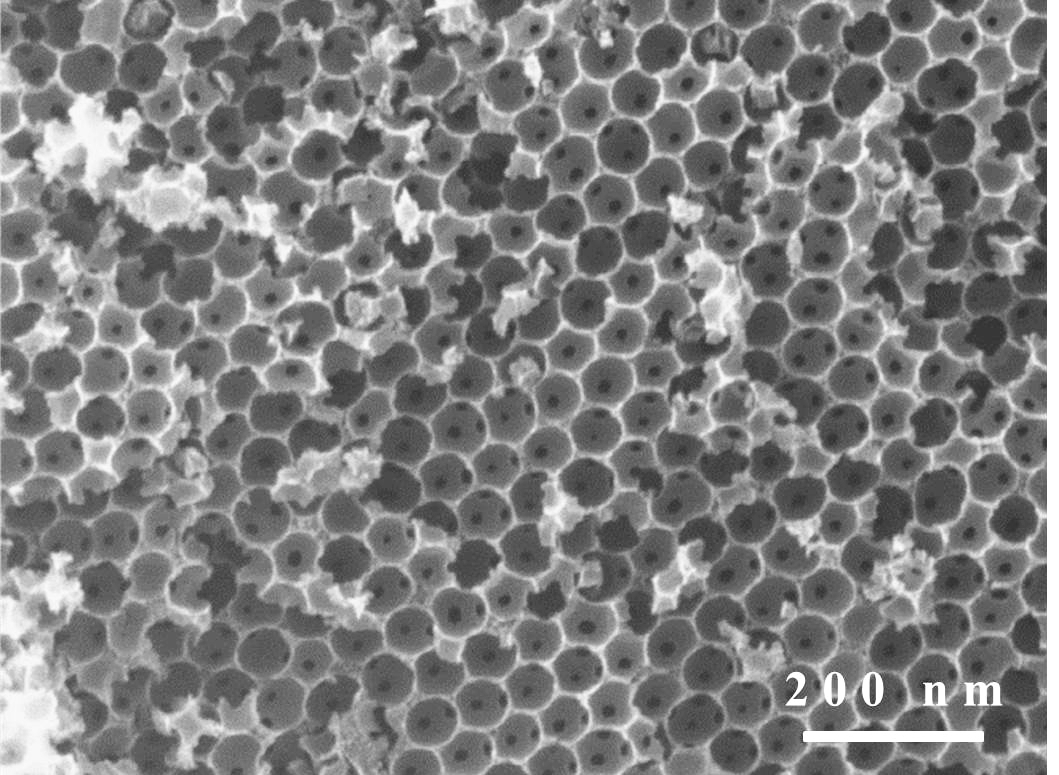Materials
We develop nanoporous materials with adjustable pore geometry, connectivity, and pore size, all tailorable from the Angström- to the micrometer level. We are interested in sustainable syntheses that are scalable, time-, energy-, and resource-efficient. By using mechanochemistry, we develop solvent-free syntheses starting from renewable precursors or waste products. We correlate the textural properties of these materials with their performances in various applications, most notably in electrochemical energy storage systems such as lithium-sulfur batteries and electrochemical double layer capacitors.
Uniform and tailorable properties of porous materials are key to gain fundamental understanding of many adsorption-related phenomena. Our model carbons allow to investigate diffusion in pores, to shed light on the interactions between carbon and electrolyte ions in electrochemical double-layer capacitors, and to follow the growth of methane hydrate in confined spaces.
Rational Design of Porous Nanocarbons
Tailoring porosity in carbons. Adjusting pore sizes from the Angström to the micrometer level
Development of model carbon materials with well-defined properties
Sustainable syntheses of nanocarbons via mechanochemical approaches
Fundamental understanding of adsorption-related phenomena in porous carbons
Investigating Carbon-Electrolyte interactions in electrochemical energy storage devices by NMR spectroscopy
Methane hydrate formation in confined spaces
Applications of Nanocarbons
Lithium-Sulfur battery
Supercapacitors
Adsorptive separation of biomolecules
Gas storage


